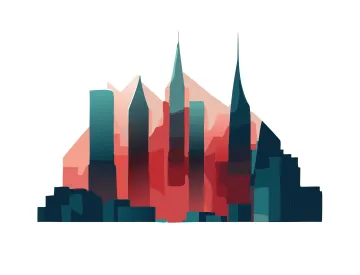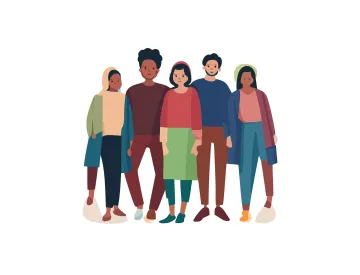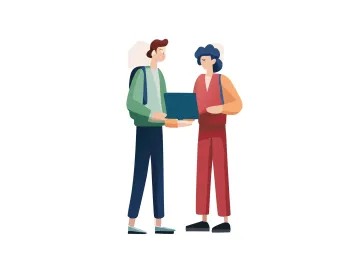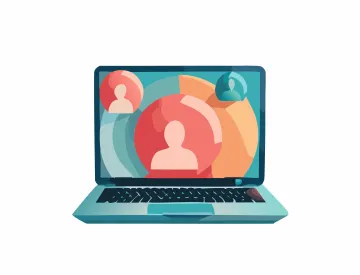Wildcat Connections
The power of alumni networking is at your fingertips.
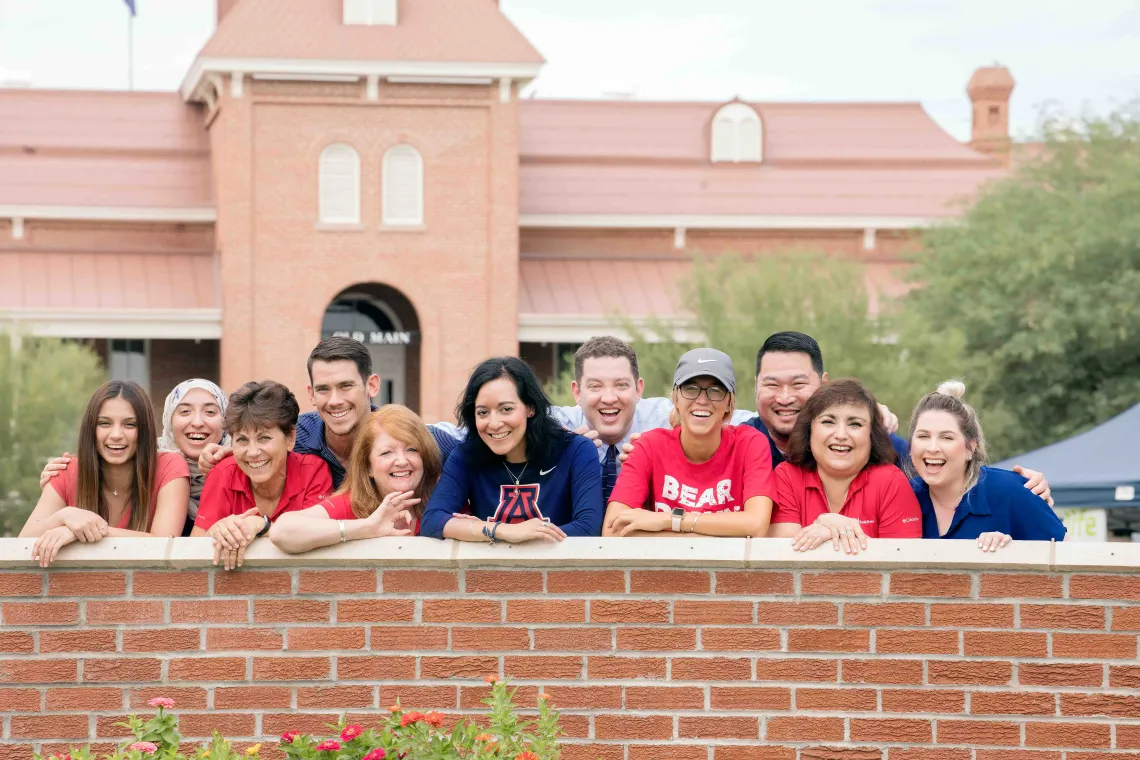
Graduation is the finale of a transformative chapter for Wildcats. Cheering on Arizona Athletics as members of the ZonaZoo, late-night study sessions at the Main Library and stargazing with friends on the Mall become treasured moments of the past.
The minute you graduate, you join the University of Arizona alumni family. The first step to getting connected is finding fellow Wildcats.
Alumni Networks
From the Bay Area to New York City, alumni networks share a common goal: to create a sense of connection among local Wildcats.
With over 200 dedicated board members, alumni networks offer support through family-friendly gatherings, networking events and service projects.
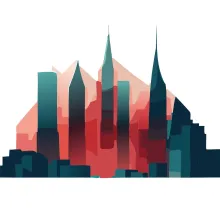
Alejandro “Alex” Reynoso ’74 established the Salt Lake City SkiCats after seeing a demand for alumni networking in his city. Through bowling events, baseball games and Oktoberfest festivities in the mountains, the SkiCats have created a close-knit community.
Reynoso wishes more people would look into alumni networking. Having been uprooted throughout his career, he says he has learned that family does not always have to be blood, and networking can provide someone to call and connect with in a new city.
"The idea is just for people to get together and talk about U of A," Reynoso says. "That’s what it’s all about — people talking to each other and remembering good times."
Alumni Communities
Alumni communities are dedicated to connecting Wildcats with similar cultural backgrounds.
Through retention programs, scholarships and a wide range of programs tailored to their communities, alumni give back by supporting BIPOC students.
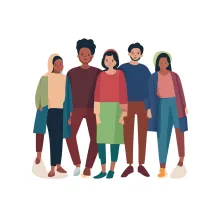
Tanisha Price-Johnson ’93 is a third-generation Wildcat who leads the UA Black Alumni (UABA) community. Established in 1982, UABA originally served as a “home away from home” for Black students. Today, members give back through their extensive scholarship program and career networking workshops.
Price-Johnson says that alumni communities are unique because members can relate to shared cultural experiences. They offer more than just an opportunity to socialize; members also can serve as examples for aspiring students.
“A lot of people don’t think they have anything to give, but I think everyone has something to offer," Price-Johnson says. "Sometimes it’s really a conversation; it’s a connection. You never know how that’s going to land on someone."
WILDCAT MENTOR SOCIETY
The Wildcat Mentor Society offers a unique experience that connects talented alumni with future leaders.
Through the program, mentors help mentees grow their professional development skills and play a part in their alumni network. The pairs establish strong relationships that extend beyond the program’s duration.
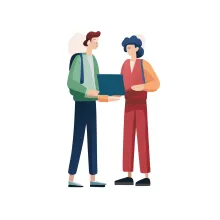
Kam Kindschi ’20 applied to the Wildcat Mentor Society hoping to meet professionals in the television industry. He was paired with Suzanne Rauscher ’93, a top-level producer of unscripted television programs.
Through the program, Rauscher helped Kindschi understand work forms, retirement plans and industry jargon, always just a call away. Rauscher's approach to mentorship gave Kindschi hands-on experience and boosted his confidence, preparing him for his life post-graduation. Today, Kindschi is an unscripted television producer who has worked on the sets of “Master Chef,” “Making the Cut” and more.
“I feel like she really set me up for success and being able to understand the path it takes,” Kindschi says.
Bear Down Network
Networking does not always have to be through face-to-face interaction, says Marc Acuña ’05, who serves as senior director of alumni and student engagement at the University of Arizona Foundation.

The Bear Down Network is the official online networking platform designed exclusively for Wildcats. With a growing community of over 13,000 members, it lets users express interest in mentorship and job opportunities while growing their Wildcat connections. Create your profile and expand your network today!
“You can find people that are in your profession, you can search for businesses, you can look at events,” Acuña says. “It really is our own little Wildcat world of professional career development."

